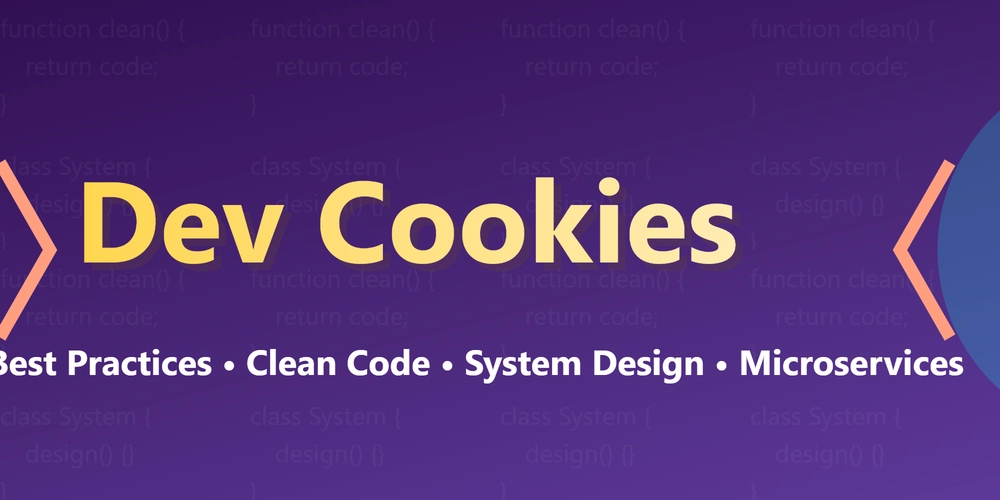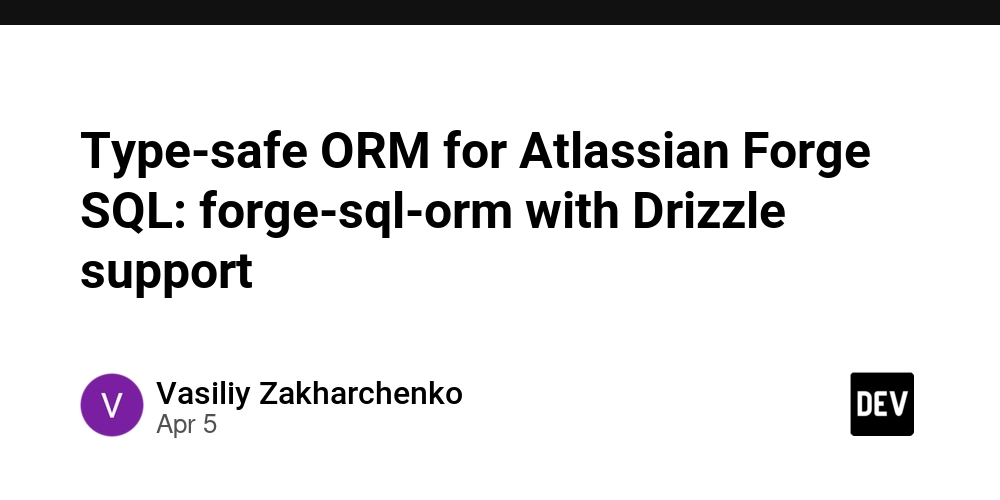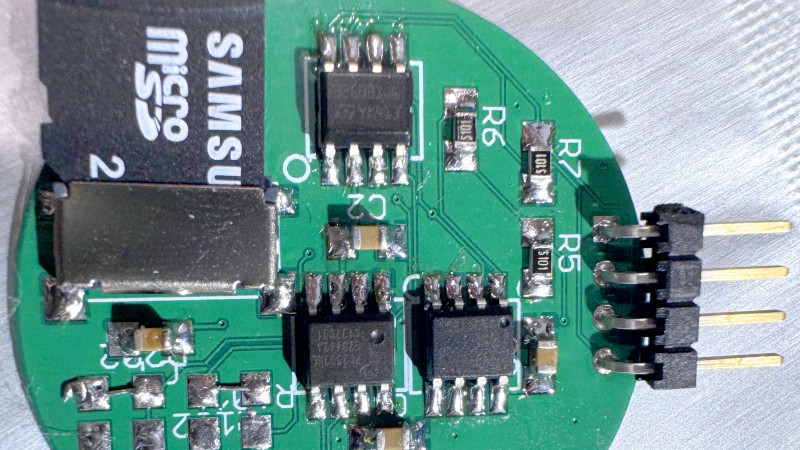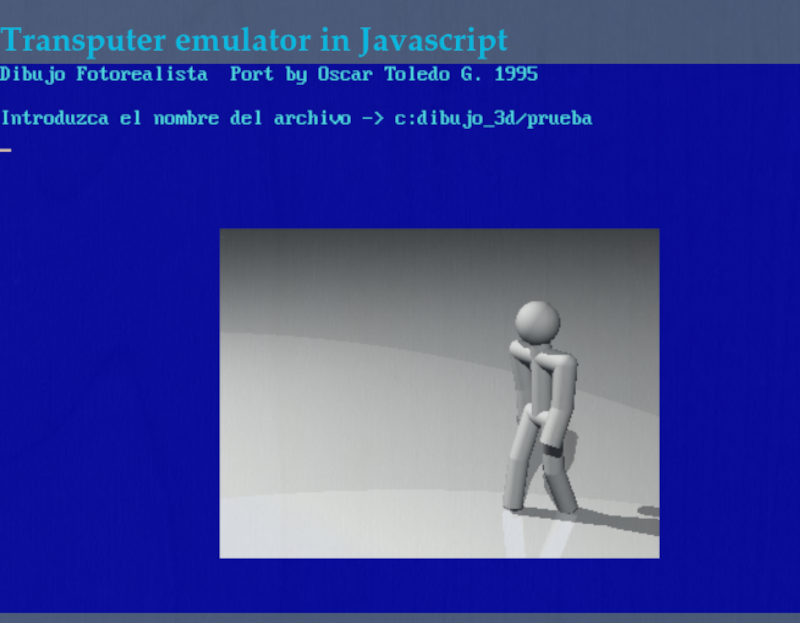Is there a way in C++ to have a scoped enum containing multiple attributes?
Is there a way to declare an enumeration that has multiple representations, for example a numeric and a string. Here is some pseudo-c++ to illustrate. enum class Foo { Value01 { 001, "aa" }, Value02 { 002, "bb" }, ..... ValueN. { nn, "zz" }; private: Foo( int numeric, const string alpha ) : numericCode( numeric ), alphaCode( alpha ) {} private: int numericCode; string alphaCode; }; Rationale for this is to avoid a common construct of performing string or numeric comparisons for when determining an enumerated case; avoid multiple symbols for magic numbers across situationally convenient compilation units or hard to maintain hard coded magic numbers throughout the codebase, etc. ISO 3166 is a real world example of this. There are multiple codes that represent a country; a 2 character alpha, a 3 character alpha and a 3 digit number. Each code uniquely represents a specific enumerated value, while multiple representations may uniquely identify a single enumerated value. This is readily doable in Java and I believe C#.
Is there a way to declare an enumeration that has multiple representations, for example a numeric and a string.
Here is some pseudo-c++ to illustrate.
enum class Foo {
Value01 { 001, "aa" },
Value02 { 002, "bb" },
.....
ValueN. { nn, "zz" };
private:
Foo( int numeric, const string alpha ) : numericCode( numeric ), alphaCode( alpha ) {}
private:
int numericCode;
string alphaCode;
};
Rationale for this is to avoid a common construct of performing string or numeric comparisons for when determining an enumerated case; avoid multiple symbols for magic numbers across situationally convenient compilation units or hard to maintain hard coded magic numbers throughout the codebase, etc.
ISO 3166 is a real world example of this. There are multiple codes that represent a country; a 2 character alpha, a 3 character alpha and a 3 digit number. Each code uniquely represents a specific enumerated value, while multiple representations may uniquely identify a single enumerated value. This is readily doable in Java and I believe C#.













































































































































































![[The AI Show Episode 142]: ChatGPT’s New Image Generator, Studio Ghibli Craze and Backlash, Gemini 2.5, OpenAI Academy, 4o Updates, Vibe Marketing & xAI Acquires X](https://www.marketingaiinstitute.com/hubfs/ep%20142%20cover.png)



























































































































![[FREE EBOOKS] The Kubernetes Bible, The Ultimate Linux Shell Scripting Guide & Four More Best Selling Titles](https://www.javacodegeeks.com/wp-content/uploads/2012/12/jcg-logo.jpg)



![From drop-out to software architect with Jason Lengstorf [Podcast #167]](https://cdn.hashnode.com/res/hashnode/image/upload/v1743796461357/f3d19cd7-e6f5-4d7c-8bfc-eb974bc8da68.png?#)





































































































.png?#)





.jpg?#)
































_Christophe_Coat_Alamy.jpg?#)










































































































![Rapidus in Talks With Apple as It Accelerates Toward 2nm Chip Production [Report]](https://www.iclarified.com/images/news/96937/96937/96937-640.jpg)


































































































































